April 25, 2013 @ 12:17 AM
Something to Celebrate
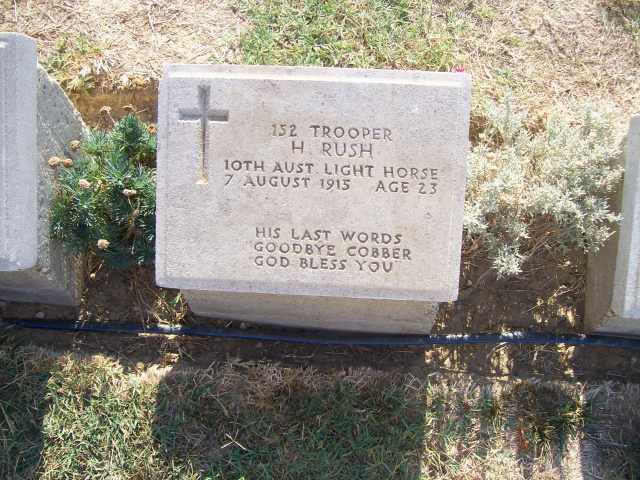
Goodbye Cobber. Grave of Trooper Rush, The Nek, Gallipoli.
Tensions ran very high on the last night when the final 10,000 soldiers were withdrawn from Anzac and Suvla. They left the trenches in three main groups ... the first as night fell, the second from about 10 o'clock, and the third in three parties from 1.30 in the morning of 20 December. Men who had protested about the evacuation, now argued to be in the last lot to go. "I've been here from the beginning ... I've a right to be here till the end."
It was bitterly cold, their breath almost turning to ice in the air. They came down to the beaches silently in the moonlight, their boots wrapped in hessian or strips of blanket to muffle the.........
Read More
April 25, 2013 @ 12:14 AM
The Evacuation
If Anzac Day, in the ironic way of these things, is the commemoration of a failed campaign – a triumph of endurance and mateship, but a military disappointment nonetheless – it seems to me we should also remember the sheer skill and ingenuity with which the evacuation of the troops from Gallipoli was conceived and carried out. It's often been said that, if the landing had been planned with the same degree of care, the story might have been very different.
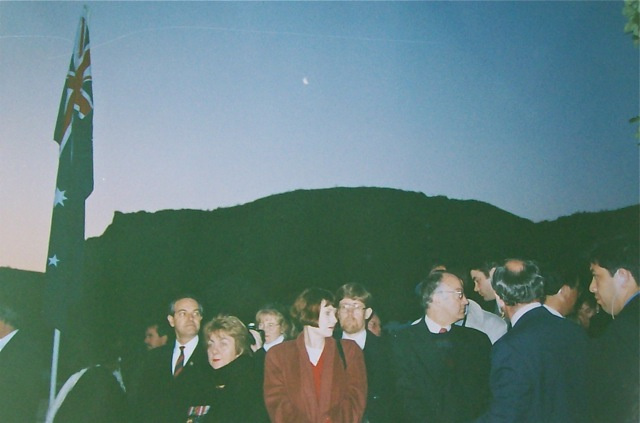
Crescent moon over Gallipoli. Dawn, Anzac Day 1995.
From the middle of November 1915, even before the final orders for the evacuation came through, Brudenell White and his staff had been preparing the ground for the grand deception with which they .........
Read More
April 25, 2013 @ 12:11 AM
The Landings
Well, I’ve landed my man safely on Gallipoli … and in a surge of creative and decisive action on the battlefield that is my keyboard, have just as safely got him off again. On the last night, and on the last ship to leave: 20 December 1915.
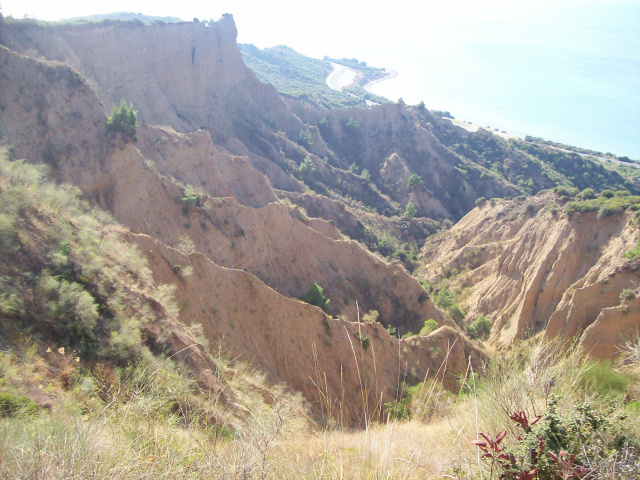
The Ariburnu cliffs looking down to Anzac Cove (author photo).
It took a fair bit of heavy struggle to set up the military and literary situation for this part of the new book, for I’m a reasonably slow writer averaging only two to three hundred words a day. But once I was able to start dramatising the marvellous story of the last two days of the Evacuation from Anzac and Suvla the excitement fairly seized me, and I finished over two thousand words.........
Read More
April 16, 2013 @ 12:10 AM
First light...
Sitting at the dining table at first light one morning and starting the day’s work, I found myself reading about the Walers … those gallant, stocky horses first bred in New South Wales from the 1830s (hence the name) and ridden by the Australian Light Horsemen especially during the First World War. They’ve become part of our very national consciousness – symbolising I think, as animals so often do, those nobler qualities we like to associate with ourselves. And also, of course, with our tragedies.
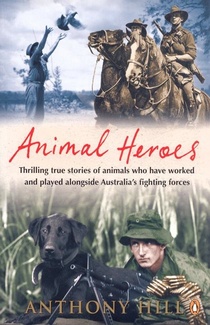 [It’s always first thing for me, should you ask. And always the table and the laptop at the other end of the house, so as not to disturb sleeping family. Some writers can only slog it out with words .........
[It’s always first thing for me, should you ask. And always the table and the laptop at the other end of the house, so as not to disturb sleeping family. Some writers can only slog it out with words .........
Read More
April 10, 2013 @ 3:20 AM
For something like two years I tried to forget this book I’d called War Games. To put it completely out of my mind, and suppress the spasms of guilt I still felt about the money Penguin had advanced me.
Yet every bit as unexpectedly as the idea had collapsed – for each book is an artifice, a construct – the material presented itself to me again in a new but properly conceived form. Just as my publisher, Julie Watts, said that it would.
Gallipoli
I was writing speeches at the time for the Governor-General, who represents The Queen in our country. It was with Bill Hayden that I’d been to Gallipoli in April 1995 for the 80th anniversary of the Anzac Day Landings. Now in 1999 his successor, Sir William Deane, was .........
Read More
April 5, 2013 @ 8:51 PM
Canungra
A few days ago I received an email from a chap that took me back more than 15 years to an army jungle training camp, and one of the most valuable lessons I ever learned in my life as a writer.
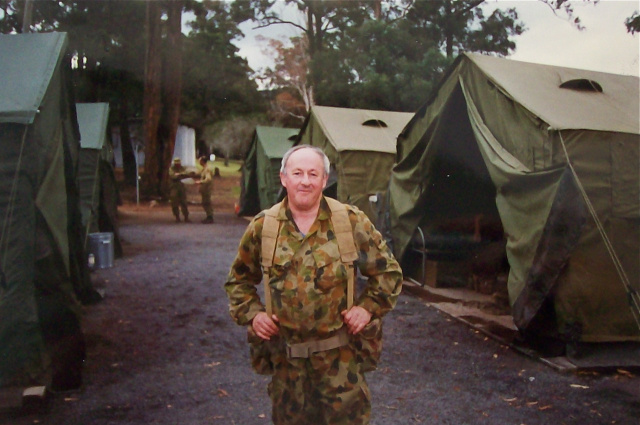
At 'Battle Wing' Canungra 1996-7
I’d gone for a week to the Battle Wing land warfare Jungle Training Centre at Canungra, in the Queensland hinterland, as part of the research for a long and ambitious war novel I was attempting to write involving three separate story lines: Vietnam … Gallipoli …. and Troy.
I’ve absolutely no military background, even though much of my writing has involved Australians at war, Soldier Boy in particular. And the voice that came from the past was one of the NCOs .........
Read More
April 5, 2013 @ 2:00 PM
The love of words...
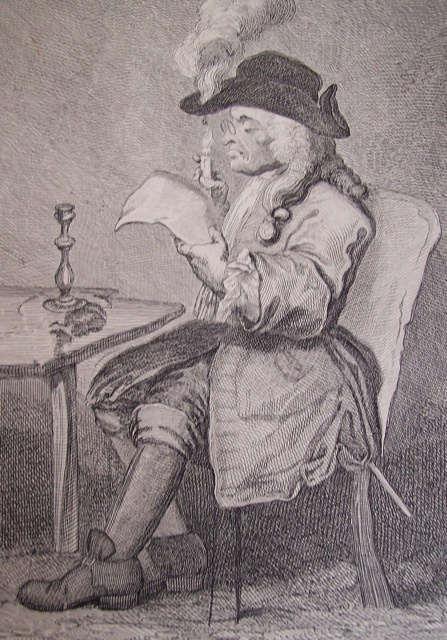 When I was a boy, among the favourite books on my shelf were the blue cloth-bound volumes of Arthur Mee’s Children’s Encyclopedia. The love of words was there from the beginning, and I always knew how fortunate I was in my father who was constantly bringing home for me illustrated books that he’d picked up cheaply from the second-hand shops.
When I was a boy, among the favourite books on my shelf were the blue cloth-bound volumes of Arthur Mee’s Children’s Encyclopedia. The love of words was there from the beginning, and I always knew how fortunate I was in my father who was constantly bringing home for me illustrated books that he’d picked up cheaply from the second-hand shops.
Robin Hood, Mother Goose … some of them now very valuable and given to me, far too young, to scribble upon. Three beautiful volumes of Robert Louis Stevenson, illustrated by N C Wyeth, which I still have, unscribbled and treasured every bit as much as Jim Hawkins’ island.
Of all my books, the ones I kept returning to, as the world began to .........
Read More
April 5, 2013 @ 1:58 PM
My dear reader….
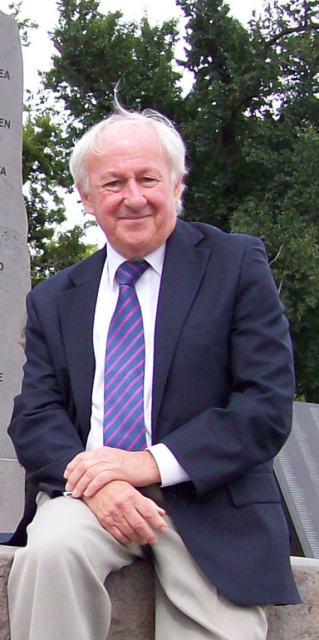 I suppose the place to begin this online journal of notes and snippets from a writer’s life is with myself. To my own amazement I’m in my 71st year now, married and living for the past 40 years in Canberra, capital city of Australia, though I was born and raised in Melbourne.
I suppose the place to begin this online journal of notes and snippets from a writer’s life is with myself. To my own amazement I’m in my 71st year now, married and living for the past 40 years in Canberra, capital city of Australia, though I was born and raised in Melbourne.
My ‘career path’ more properly looks like a goat track. In my time I’ve been a journalist, an antique dealer, television reporter, speech writer for Governor-Generals (who represent The Queen in our country), and PR man for several national institutions including the museum, the university and the social welfare department.
But what I really am, and have always wanted to be, is an author. Since 1985 I&rsquo.........
Read More

 RSS Feed
RSS Feed
 [It’s always first thing for me, should you ask. And always the table and the laptop at the other end of the house, so as not to disturb sleeping family. Some writers can only slog it out with words ...
[It’s always first thing for me, should you ask. And always the table and the laptop at the other end of the house, so as not to disturb sleeping family. Some writers can only slog it out with words ...
 When I was a boy, among the favourite books on my shelf were the blue cloth-bound volumes of Arthur Mee’s Children’s Encyclopedia. The love of words was there from the beginning, and I always knew how fortunate I was in my father who was constantly bringing home for me illustrated books that he’d picked up cheaply from the second-hand shops.
When I was a boy, among the favourite books on my shelf were the blue cloth-bound volumes of Arthur Mee’s Children’s Encyclopedia. The love of words was there from the beginning, and I always knew how fortunate I was in my father who was constantly bringing home for me illustrated books that he’d picked up cheaply from the second-hand shops.